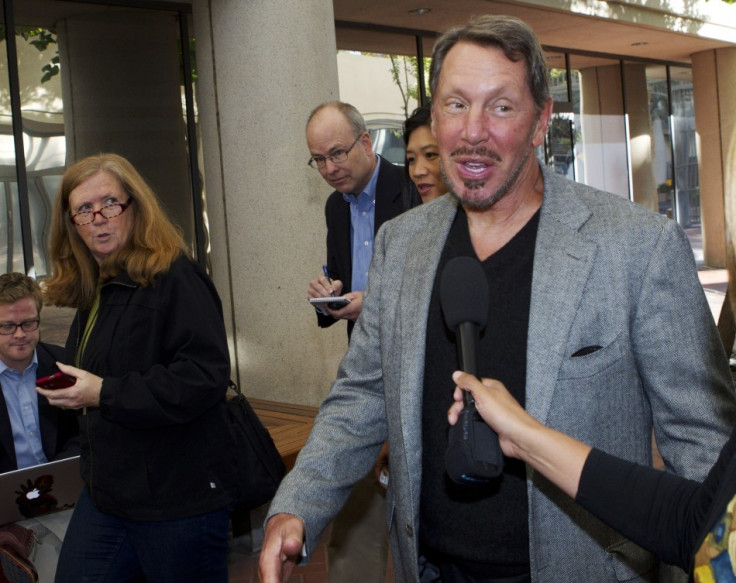Google and Oracle go to War
While legal battles between technology giants are hardly rare, the legal battle about to begin in a court in California could be the most important of all, with the outcome set to send ripples across the entire technology community.
Jury selection begins today in the trial of Oracle versus Google in a federal court in San Francisco where the matter at the heart of the case is the software platform Java. Oracle became the owner of Java when it acquired Sun Microsystems in 2010 and it is alleging that Google has infringed a number of copyrights in relation to the software.

Among the many big names set to appear in the witness box during the course of the trial are Larry Ellison, CEO of Oracle and his counterpart Larry Page, CEO and co-founder of internet giant Google. They will be joined by Andy Rubin, the man who oversees the Android mobile operating system at Google as will former Sun Microsystems CEO Jonathan Schwartz.
The case began back in 2010 following the acquisition of Sun Microsystems, when Oracle sued Google, alleging that Android, then in its infancy, had breached seven different Java patents. Since then however five of these have been rejected leaving just two, which means Oracle's potential damages, if there are any, have been significantly reduced.
The reason this case may have widespread implications is because it is dealing with the issue of copyright. Oracle believes Google copied 37 application programming interfaces (APIs) as well as 11 lines of Java source code when it was creating Android, property which Oracle believes should be copyrighted like any other intellectual property.
Google's argument however is that these APIs should not be copyrighted as they are like the tools used by programmers to create new software and therefore should not be subject to copyright protection. Google believes you can copyright any program because it is unique but you cannot copyright the language it is written in.
In its submission to the court made on 12 April, Google said:
"Without a computer programming language, the set of statements or instructions cannot be understood by the computer. As such, a computer language is inherently a utilitarian, nonprotectable means by which computers operate. The protectable material is the computer program (the set of statements or instructions); the unprotectable material is the method or system (the language). So understood, original computer programs may be protected, but the medium for expression in which they are created is not."
Oracle set out its case previously in a court submission dated 5 April:
"Allowing copyright protection for computer interfaces makes sense because original expressions in software are innovations of an incremental sort that Congress meant to encourage. Trade secrecy law cannot achieve this goal because interfaces can be reverse-engineered. Patent law, because of its novelty and non-obviousness requirements and examination process, protects those substantial innovations, claimed as broadly and generically as possible, and in return gives strong protection against even those who independently develop the same technology. Copyright law protects innovations at a much finer level of detail (where original expression can be found) than patents ever could, but only offers protection against the copyist."
Google previously made an offer to settle the case, even going so far as to offer Oracle a cut of Android as well as $2.8m in damages. However Oracle flatly turned the offer down and we are now set for one of the most important technology-based legal cases in history. Software developers will be watching this case with huge interest as the result will affect many, if not all, of them.
The trial is expected to last eight weeks.
© Copyright IBTimes 2025. All rights reserved.






















